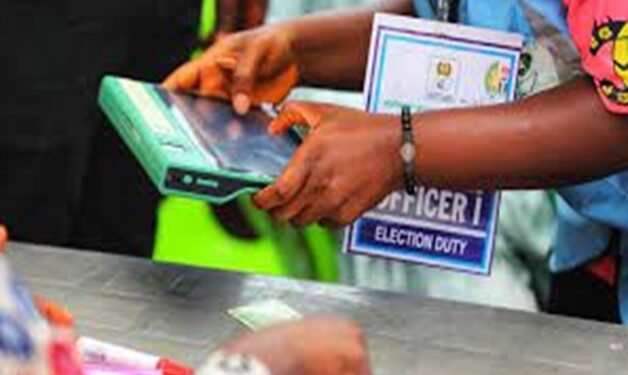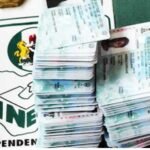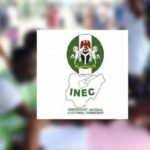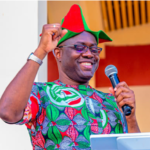The Presidential Election Petition Court sitting at the Court of Appeal in Abuja, has granted the Independent National Electoral Commission’s request to reconfigure the Bmodal Voter Accreditation System (BVAS) it used for the presidential election.
In a unanimous decision by the three member panel of Justices, the Court dismissed objections raised by Peter Obi of the Labour Party against INEC’s move to reconfigure all the BVAS, and held that stopping the electoral body from reconfiguring the BVAS would adversely affect the impending Governorship and State Assembly elections.
The Court stated that the objections raised if allowed, would be tantamount to “tying the hands of the Respondent, INEC.” It however noted that INEC in an affidavit it filed before the court, assured that the accreditation data contained in the BVAS could not be tampered with or lost, as they (the data) would be stored and easily retrieved from its accredited back-end server.
The court went to observe that neither Obi nor LP controverted the depositions in INEC’s affidavit, stressing that since such averments were not challenged, it amounted to admission by the Applicants.
INEC was ordered by the court to allow the Applicants to inspect and carry out digital forensic examination of all the electoral materials used in the conduct of the elections, as well as to avail them the Certified True Copy, of the result of the physical inspection of the BVAS.
The Labour Party and its candidate, Peter Obi was faulted by the Justice Joseph Ikyegh-led panel for repeating their request to be allowed to scan and make copies of the electoral materials in INEC’s possession. It noted that the request was earlier granted, and that thus repeating the prayer amounted to an abuse of court process.
Recall that the Independent National Electoral Commission (INEC) has declared Bola Tinubu, the presidential candidate of the All Progressives Congress (APC), winner of Feb. 25 presidential election.
According to the INEC Chairman, Mahmood Yakubu, Tinubu polled a total of 8,794,726 votes to defeat his major rivals; Atiku Abubakar of the People Democratic Party (PDP) who polled 6,984,520 votes , and Peter Obi of Labour Party who secured 6,101,533 votes of the 24,965,218 total vote cast.
The election result sheets was not signed by PDP, LP, NNPP, and other parties which had earlier on Monday staged a walk out of the national collation centre.
The leadership of the parties had alleged that the election process was compromised and demanded that the chairman of the Independent National Electoral Commission (INEC) step aside.
They said that the February 25 presidential election was marred with violence, intimidation of voters and rigging.
The appellate court on March 3 granted leave to Atiku Abubakar of the PDP and Mr Peter Obi of LP to inspect election materials used by INEC to conduct the February 25 presidential election.
However, INEC, on March 6, approached the court, asking it to vary the order to enable it reconfigure its Bimodal Voter Accreditation System (BVAS) machines for the March 11 governorship and State House of Assembly elections slated for March 11, 2023.
The president-elect and the presidential candidate of the ruling All Progressive Congress (APC), Bola Tinubu on Tuesday asked the Court of Appeal in Abuja to order the Independent National Electoral Commission (INEC) to grant him access to sensitive materials it used for the February 25 presidential election.
Tinubu, through his lawyer, Mr Akintola Makinde, said he would need to inspect, scan and make photocopies of some of the electoral materials to enable him to prepare his defence against petitions that would seek to nullify his election.
Ifunanya Ikueze is an Engineer, Safety Professional, Writer, Investor, Entrepreneur and Educator.

























































